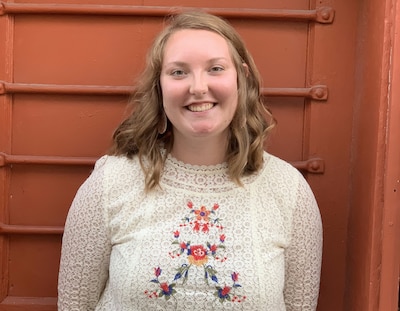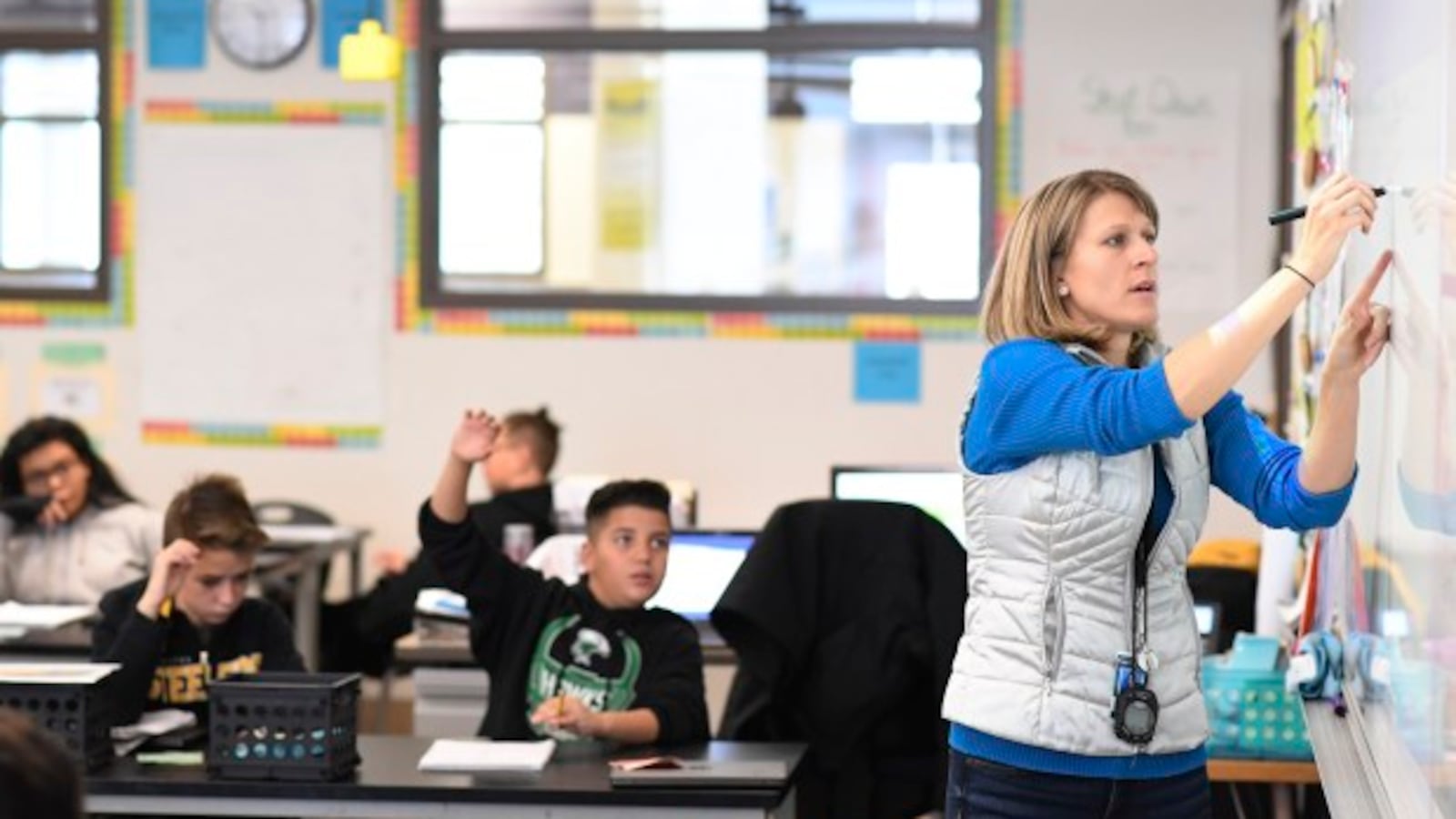“Teachers make no money.”
“Don’t you know teachers are quitting their jobs?”
“Are you sure you want to be a teacher?”
These are some things I hear when I tell people I’m an education major. It would be easy to let such comments hinder me, but I don’t. Instead, I let people know that my career choice is about more than salary or recognition. I want to be an educator to impact others’ lives and fulfill the dreams I’ve had since I was a young child — back when I was reading books to my stuffed animals as they were “seated” like students in a classroom and correcting pretend worksheets.

In December, if all goes according to plan, I will graduate from Indiana University–Purdue University Indianapolis with a bachelor’s degree in education and a focus on teaching English and English as a New Language. Soon after, I will stand in front of my own classroom and be called Miss Spann. I can’t wait.
When I walked across the stage at my high school graduation four years ago, I wasn’t sure I’d make it to this point. I had grown up in Plainfield, Indiana, hearing mixed things about higher education and wondered if the time and tuition would be worth it. But a degree would put my dream of becoming a teacher within reach. It would also make me one of the first people in my family to go to college.
Along the way, there have been financial and familial hardships. Then, in March 2020, my college journey was turned upside down as COVID spread across the country. One day, I was driving to campus and learning in person alongside professors and peers; the next, everything was remote. I didn’t know how I would continue my education. I didn’t know how to use Zoom, and I had only a cluttered dining room table for a workspace. But I’m glad I persevered through four years, two of them in a pandemic, dozens of late nights, hundreds of assignments, and months as a student-teacher.
In my IUPUI classes, I’ve learned about educational inequities, past and present; the importance of choosing books with diverse authors and stories; and the benefits of building strong relationships with students and their families. These lessons reinforced my decision to earn a college degree and helped me understand what it means to be an educator in the 21st century.
Then in January 2021, my training became less theoretical when I began student-teaching sixth grade English in Indianapolis.
These long, full days showed me how to do the job and reminded me of the positive impact teachers can have on their students (and vice versa).
On weekdays, I’d rise at 5:30 a.m. and leave home by 7 a.m. to prep for the day, which began at 9 a.m. There, I watched my mentor teacher make use of every minute of the school day. When she wasn’t in front of the classroom, she was planning lessons, grading papers, attending IEP meetings, dealing with disciplinary matters, and collaborating with colleagues.
The experience in the classroom — in front of it and working one-on-one with students — taught me that even the most carefully prepared lesson plans don’t always translate into students understanding the material. It taught me the importance of being flexible and willing to adapt your approach. It taught me to show up fully for students, even when there’s a lot going on. It taught me to approach all children — and particularly those facing hardships like food insecurity or an incarcerated parent — with empathy and grace.
These long, full days showed me how to do the job and reminded me of the positive impact teachers can have on their students (and vice versa). They also showed me what educators are up against (in addition to the low wages everyone talks about). I heard about the staffing shortages, the untenable workloads, school funding disparities, and controversial changes, such as efforts to restrict certain conversations about race, gender, and sexuality. I realize that I’m choosing a career that many veterans, discouraged and disheartened, are leaving.
But my love for education — and desire to make a difference — propels me forward. I want my classroom to be a welcoming space that fosters learning and relationships. As graduation approaches, I eagerly await my first professional job, my first classroom, my first classroom library, and my first day of school. So when people ask me if I’m sure I want to be a teacher, I’m more confident saying: Yes, and now more than ever.
Emilia Spann is a senior at IUPUI, majoring in secondary English education and Spanish. After graduating, she plans to teach at a public middle school or high school in Indiana.


